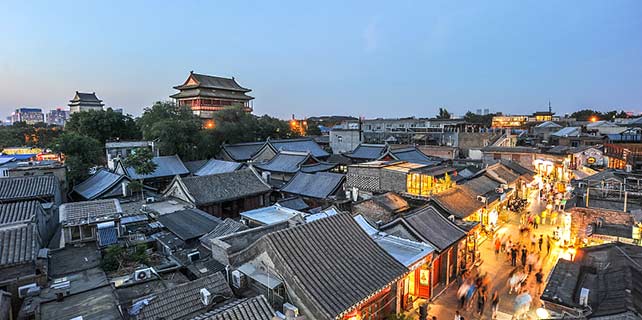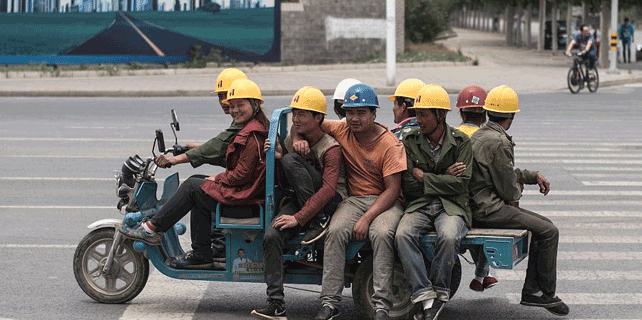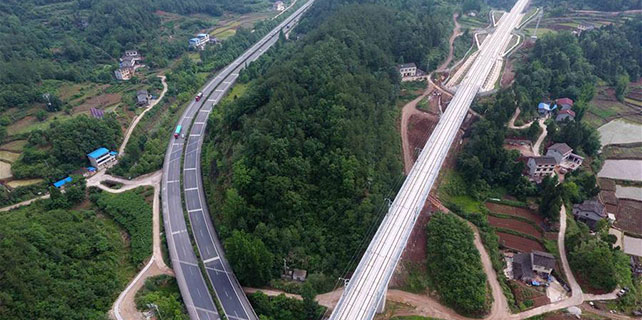AIIB's annual meeting of governors kicks off to seek 'sustainable infrastructure'
JEJU ISLAND - The second annual meeting of the China-initiated Asia Infrastructure Investment Bank (AIIB) kicked off on Friday in South Korea's Jeju Island, with thousands of government officials, international organization officials and businessmen in attendance.
The opening ceremony of the AIIB's board of governors meeting was launched at 2 pm local time at the International Convention Center in the South Korean southern resort island.
This year's annual meeting brought together about 2,000 participants, including delegations of both 57 founding members and 20 new members, international organizations and academia as well as businessmen, financiers and journalists.
The attendees included over 20 finance ministers of the 77 approved AIIB members such as Australia, China, Georgia, India, Indonesia and Laos, according to South Korea's finance ministry.
South Korean Finance Minister Kim Dong-yeon, who doubles as the country's deputy prime minister for economic affairs, would chair the official sessions as his country jointly hosted the second annual meeting with the AIIB.
The second meeting was held under the theme of "Sustainable Infrastructure," seeking strategic directions of the international infrastructure bank and making major decisions on the bank's management.
"This annual meeting is particularly important for our maturing institution, as it is a chance for our shareholders and partners to engage with us and provide diverse perspectives on how the bank should transform its strategy into meaningful outcomes for people in Asia," AIIB President Jin Liqun said in his welcoming message.
Along with the official sessions, a variety of side events were scheduled such as seminars on infrastructure and the one-on-one business meetings.
Several bilateral meetings between chief delegates will be held on the sidelines of the official sessions.
Officially launched in January 2016, the Beijing-based AIIB is a multilateral development bank initiated by China and supported by a wide range of countries and regions, which will provide financing for infrastructure improvement in Asia.









